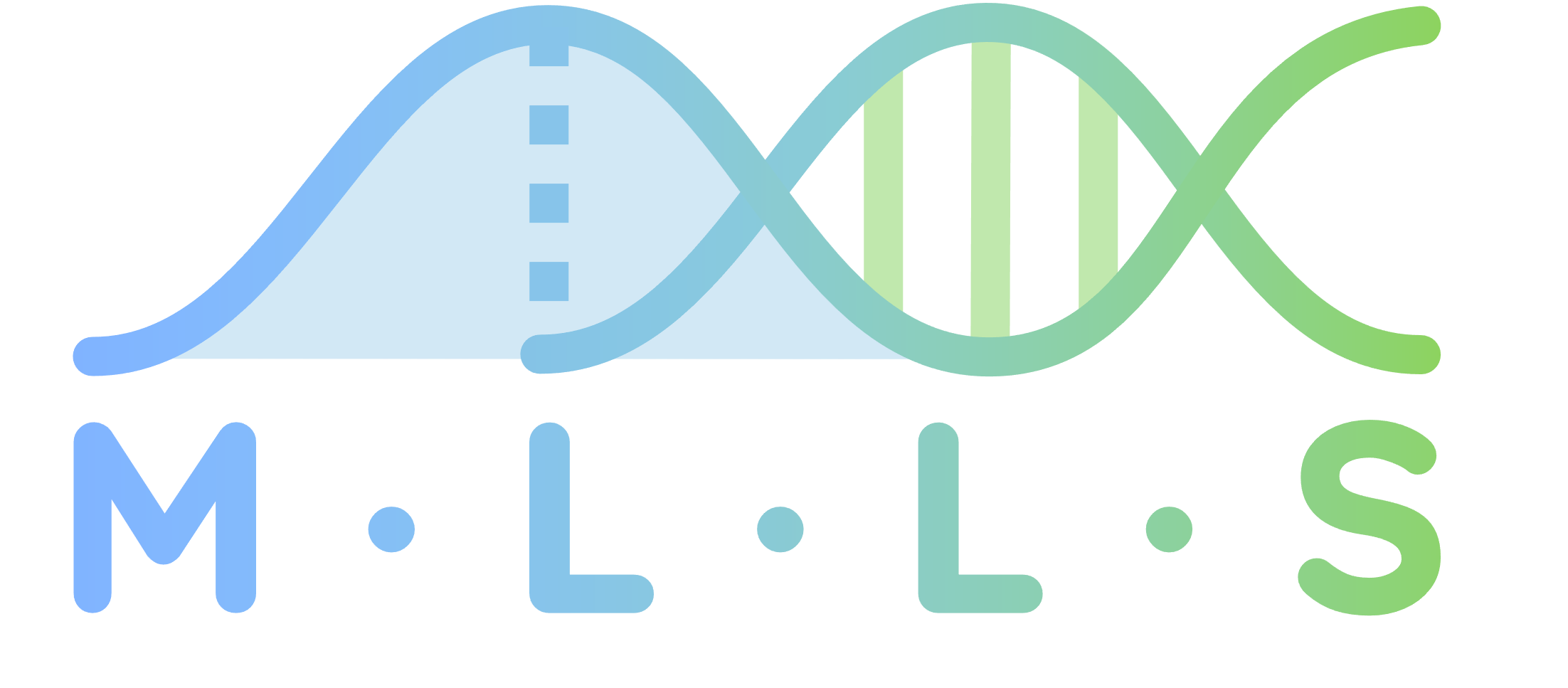Protein (RFP) stability and SASA (using foldx,lambo)#

About#
This objective function returns stability using foldx and SASA, exactly as done in the lambo implementation.
Prerequisites#
foldx#
We need you to have foldx installed, and available in your home directory. We expect the following files to be there:
~/foldx/foldx: the binary. You might need to rename it.~/foldx/rotabase.txt: a text file necessary forfoldxto run.
Python environment#
We recommend that you have cloned and installed the lambo repository. Since there are some files we can’t install automatically using pip install git+..., we recommend that you create a conda environment for the lambo tasks:
# From the root of the poli repository
conda env create --file src/poli/objective_repository/foldx_rfp_lambo/environment.yml
Activate the environment you just created using
conda activate poli__lambo
lambo#
We also need lambo’s tasks to be available in Python’s path for poli__lambo:
# In the poli__lambo environment
git clone https://github.com/samuelstanton/lambo # For reference, we use 431b052
cd lambo
pip install -e .
In particular, we need
lambo.tasks.proxy_rfp.proxy_rfp.ProxyRFPTaskthe rfp data: see
~/lambo/assets/fpbase
Make sure the data is avaliable.
We can install lambo automatically
These steps can be skipped. If so, we will install LaMBO automatically and download the relevant files using PyGithub. That being said, the API of GitHub limits queries if you are doing anonymous queries. If you decide to skip installing lambo, we recommend that you add an environment variable called GITHUB_TOKEN_FOR_POLI whose value is a personal token. See how to create one here.
How to run#
You can only run this objective function either in the poli__lambo environment, or as an isolated process (which runs this environment underneath).
After the setup described above, you can simply run the following code from
from pathlib import Path
import numpy as np
from poli import objective_factory
# How to create
f, x0, y0 = objective_factory.create(
name="foldx_rfp_lambo",
)
# Example input:
print(x0)
# Querying:
print(y0) # [[-11189.00587946 -39.8155 ], ...]
You could also pass an problem: ProblemSetupInformation to the create method. For the alphabet reference by default, we use this encoding.
How to cite#
If you use this black box, we expect you to cite the following resources:
[1] Stanton, Samuel, Wesley Maddox, Nate Gruver, Phillip Maffettone, Emily Delaney, Peyton Greenside, and Andrew Gordon Wilson. “Accelerating Bayesian Optimization for Biological Sequence Design with Denoising Autoencoders.” arXiv, July 12, 2022. http://arxiv.org/abs/2203.12742.
[2] Schymkowitz, Joost, Jesper Borg, Francois Stricher, Robby Nys, Frederic Rousseau, and Luis Serrano. “The FoldX Web Server: An Online Force Field.” Nucleic Acids Research 33, no. Web Server issue (July 1, 2005): W382–88. https://doi.org/10.1093/nar/gki387.
[3] González-Duque, M., Bartels, S., & Michael, R. (2024). poli: a libary of discrete sequence objectives [Computer software]. MachineLearningLifeScience/poli
@article{stanton:LaMBO:2022,
title = {Accelerating Bayesian Optimization for Biological Sequence Design with Denoising Autoencoders},
author = {Stanton, Samuel and Maddox, Wesley and Gruver, Nate and Maffettone, Phillip and Delaney, Emily and Greenside, Peyton and Wilson, Andrew Gordon},
journal = {arXiv preprint arXiv:2203.12742},
year = {2022}
}
@article{Schymkowitz:foldx:2005, title={The FoldX web server: an online force field},
volume={33},
ISSN={0305-1048},
DOI={10.1093/nar/gki387},
journal={Nucleic Acids Research},
author={Schymkowitz, Joost and Borg, Jesper and Stricher, Francois and Nys, Robby and Rousseau, Frederic and Serrano, Luis},
year={2005},
month=jul,
pages={W382–W388}
}
@software{Gonzalez-Duque:poli:2024,
author = {González-Duque, Miguel and Bartels, Simon and Michael, Richard},
month = jan,
title = {{poli: a libary of discrete sequence objectives}},
url = {https://github.com/MachineLearningLifeScience/poli},
version = {0.0.1},
year = {2024}
}

